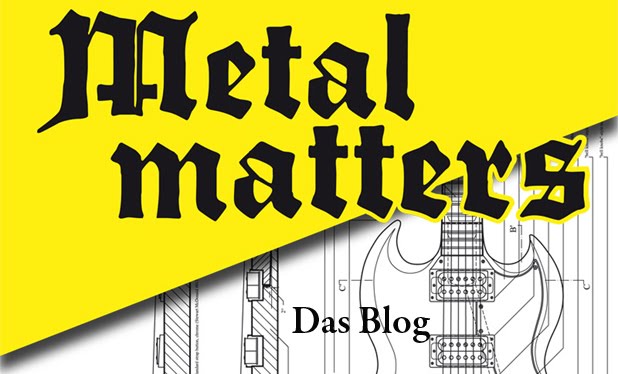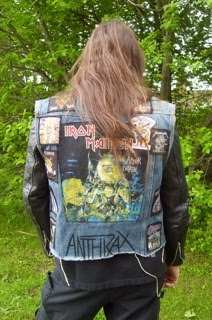...und das ist auch gut so, aber vielleicht kann man bei untenstehendem CfP doch noch ganz subversiv was einschmuggeln?
BEYOND “NO FUTURE”: A GERMAN PUNK READER
eds., Mirko Hall, Seth Howes, and Cyrus Shahan
Punk rock has had quite a decade. Exhibition catalogs, photographic retrospectives, CD box sets, and
sold-out reunion tours attest to the central role punk continues to play in stories we tell about
the ‘70s and ‘80s, about their politics, and about their culture. If punk comes from England, it has
always been equally at home in Germany, where punk scenes, zine networks, and record labels appeared
almost as quickly as they had in Britain and the United States. In Germany, as in Britain and the
United States, new archives, museum exhibits, and discography projects have emerged which are
devoted exclusively to punk—and to thinking about what punk meant for its own historical moment and
might still mean for ours.
At this moment of its intense commemoration, German punk therefore seems in need of an
interdisciplinary, theoretically informed scholarship all its own. This would be a critical
conversation about punk's aesthetic genealogies, transnational affiliations, institutional
histories, and political affiliations. What was German punk? What things did it have to say? How did
it say them, on whose behalf, and to whom? Can theoretical and methodological interventions
developed to explain American or English phenomena be truly adequate to German punk?
To inaugurate this discussion, we invite essay submissions for inclusion in a book-length volume on
the cultures of punk in Germany. Possible topics include, but are not limited to:
- after punk: post-punk; neo-punk; anti-punk; New Punk; dark wave, cold wave, and no wave.
- punk in the archive: assembling discographies; building punk archives; the ethics of punk
musealization.
- punk politics: punk as protest culture; the political theory of punk; punk interventions; punk and
a-politicality; punk, the Left, and the Right.
- punk and the Cold War: punk and MAD eschatology; punk rocking around the Bloc; punk as portable
global good; punk of German division; punk as Wendekultur.
- punk and the body: punk and style; the genders and sexes of punk; punk performativity; punks,
cyborgs, the man-machine.
- punks in the city: punk architectures and punk spaces; punks, decay, and ruination; punk graffiti;
punk and Occupation.
Please send >500 word abstracts and brief biographical statements in English to all editors: Mirko
M. Hall [mirko.hall[at[converse.edu], Seth Howes [howes[at]oakland.edu], and Cyrus Shahan
[cshahan[at]colby.edu] by 01 February 2013. Notification of acceptance will be given shortly
thereafter. Completed essays are tentatively due on 01 September 2013.
Abonnieren
Kommentare zum Post (Atom)





Keine Kommentare:
Kommentar veröffentlichen